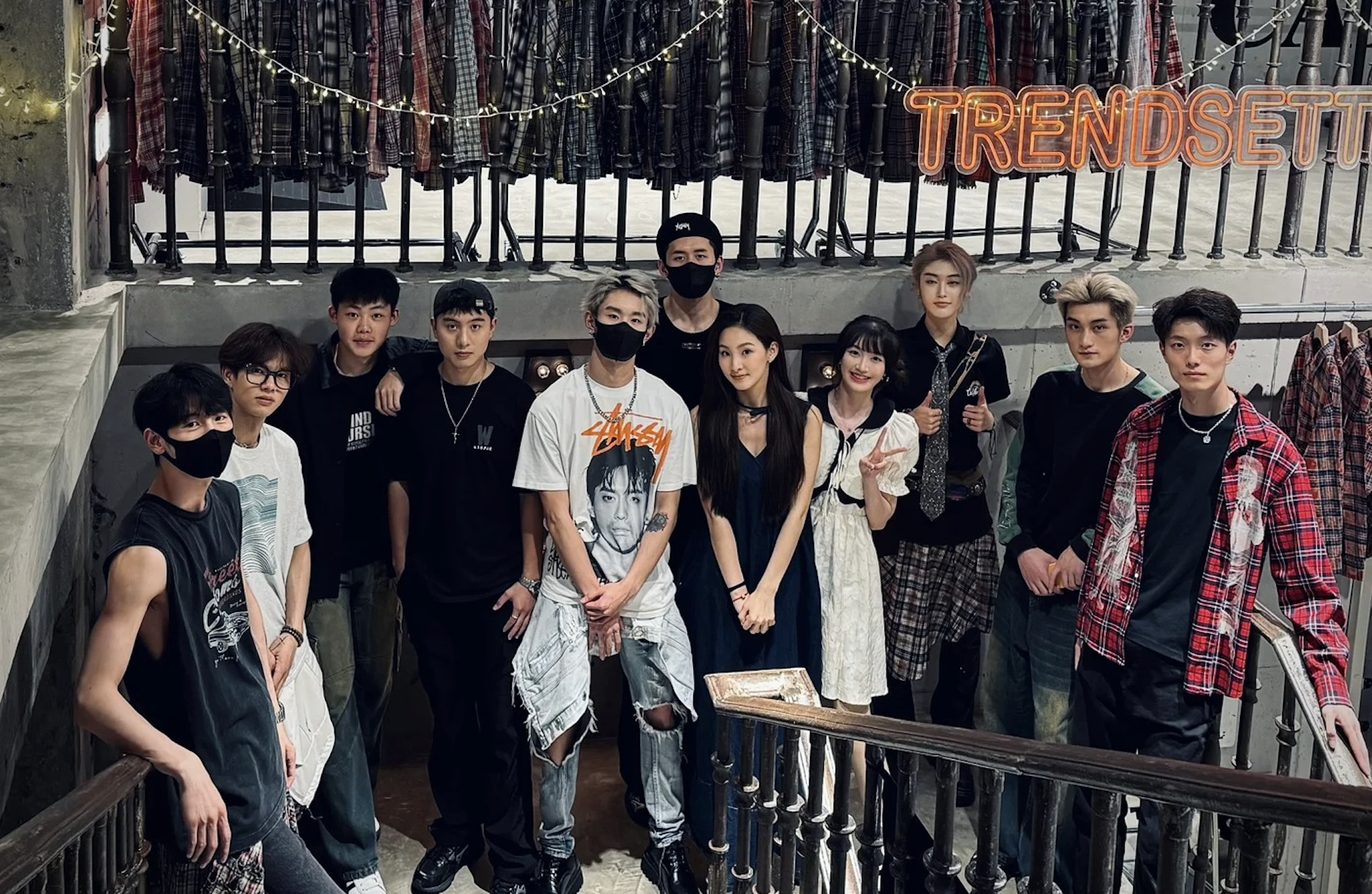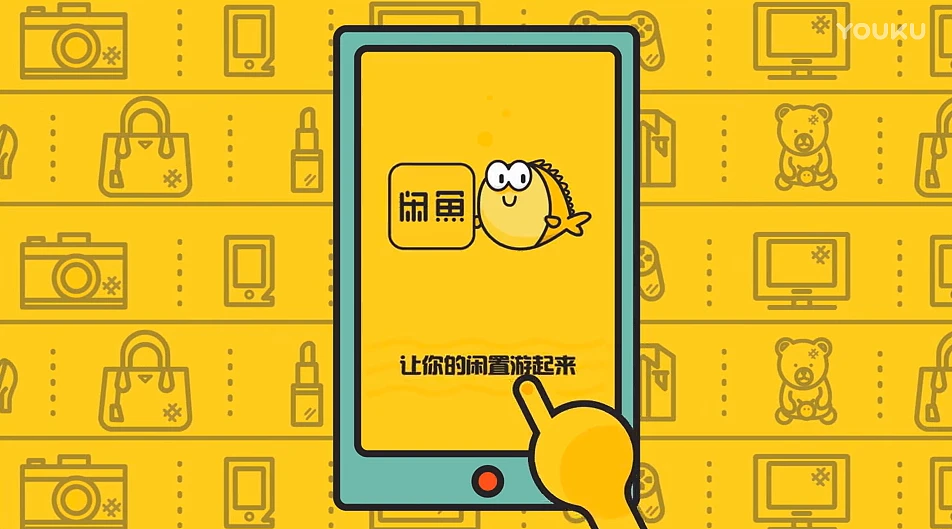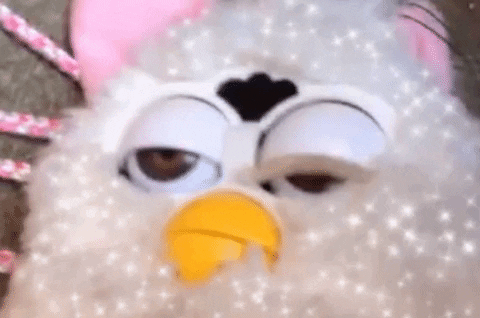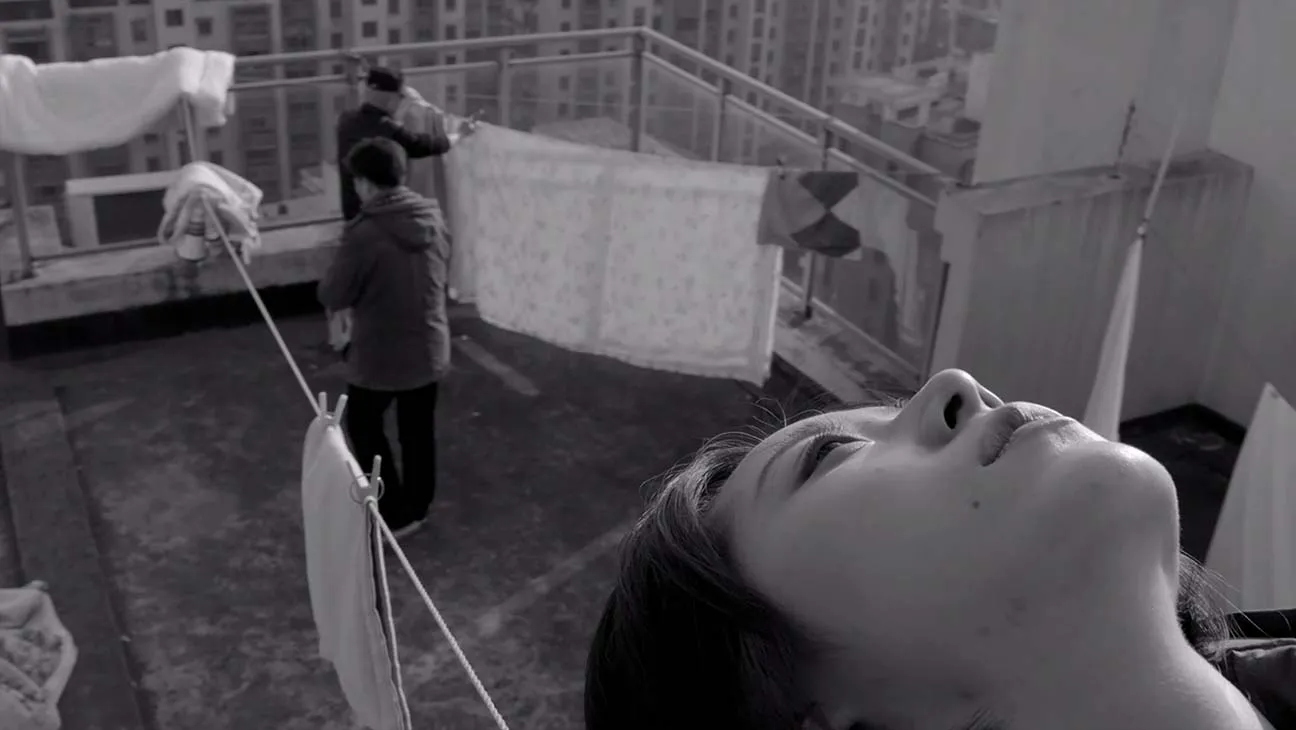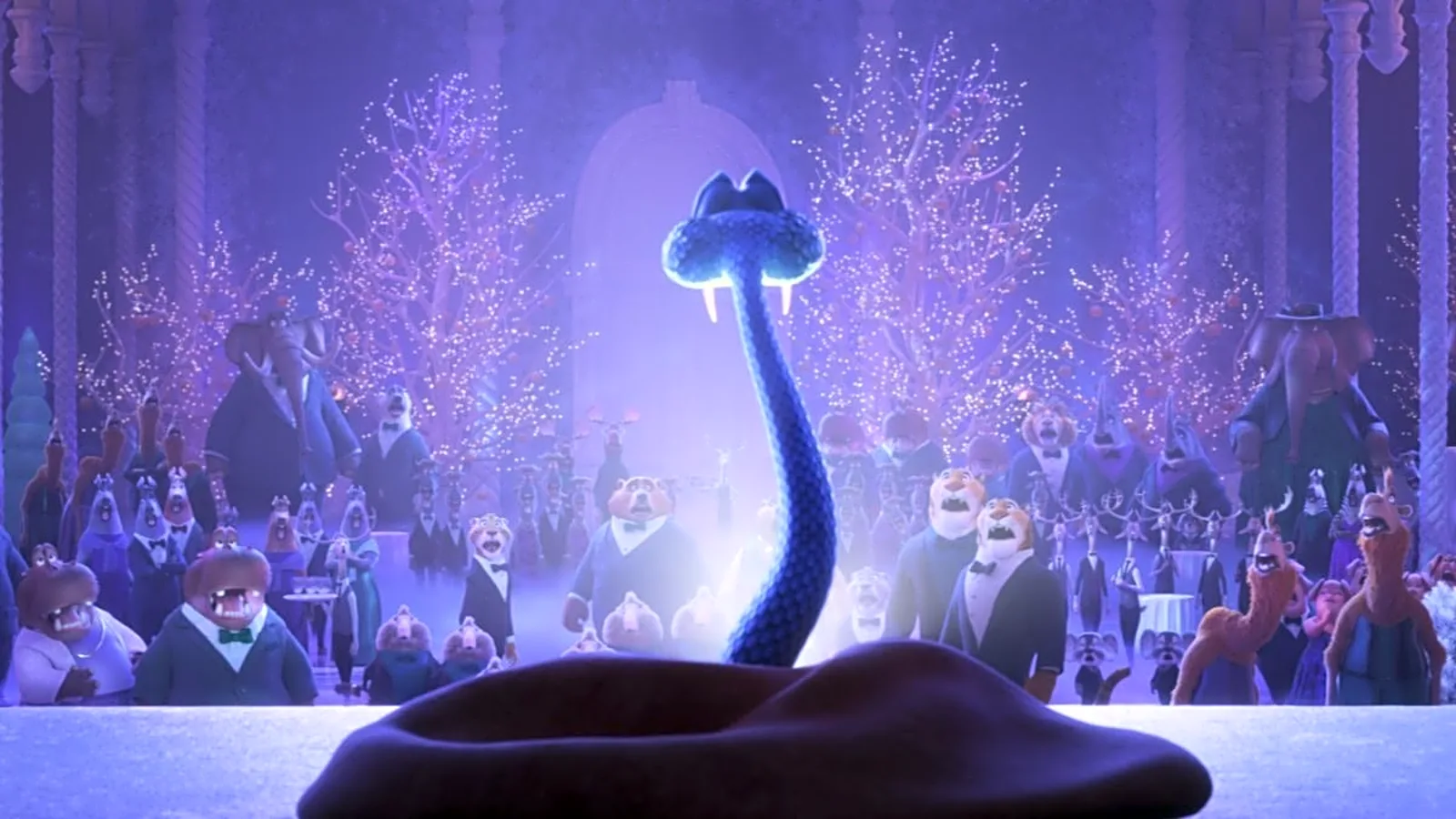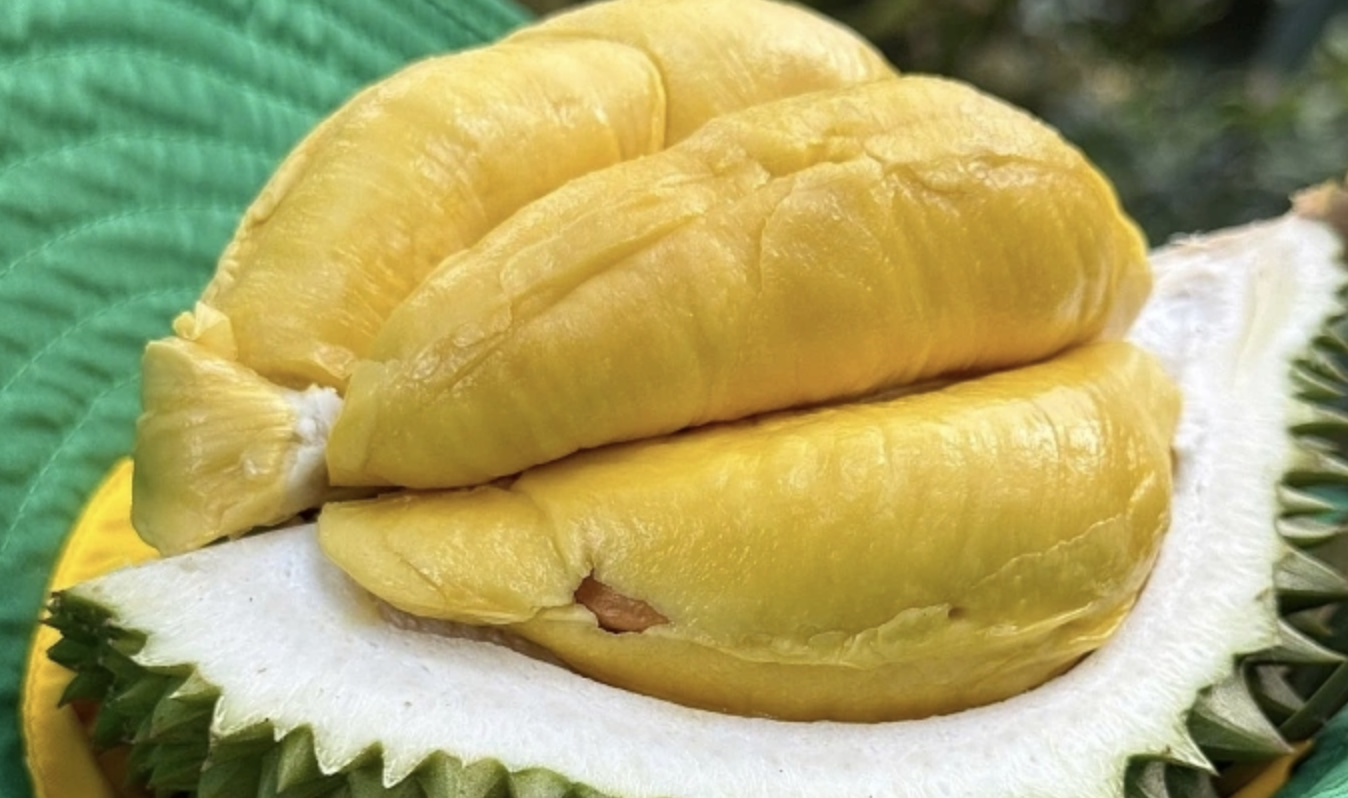The northeastern region of China — formerly known as Manchuria and now Dongbei (literally “Northeast” in Chinese) — has made it to the center of China’s livestreaming craze.
When Dong Desheng (董德升), a farmer from the region’s Heilongjiang province, started to livestream on the video platform Kuaishou (快手, also known as Kwai), he quickly garnered widespread attention. Like other farmer-turned-livestreamers, Dong shares mostly the minutiae of his everyday life: the freezing winters in Heilongjiang, the yellow weasels that invade his fields, and traditional Chinese family reunions.
But unlike the vast majority of Chinese nationals who are of Han descent, the Heilongjiang native does not look “Chinese” at all.

Hailing from the Sino-Russian border town of Xunke (逊克县), Dong is among the country’s 15,000 ethnic Russian citizens (according to the 2010 census). His great-grandparents — the Petrovs — fled Russia at the height of the October Revolution, crossing the Amur River. When the Russian great-grandmother remarried, to a man from China’s Shandong province, the family adopted the Han surname of Dong (董). Three generations later, the Heilongjiang farmer speaks no Russian, is married to a Han woman, has two children, and sells his hometown specialties for a living.

Dong seems not to be offended by his fans’ ignorance; he does, however, take immense pride in his Chineseness. In his bio on Kuaishou, he emphasizes his Chinese upbringing: “Born-and-raised Heilongjiang native of Russian descent, grew up in Dongbei, and speak no Russian.”
Challenging What it Means to be “Chinese”
The notion of race in China is vaguely defined, and traditionally there has been little discussion or debate on the topic. The government spurns the word “race” in favor of “ethnicity,” and officially recognizes 56 ethnic groups — of which 92% of the population belong to the Han majority.
Some ethnic minorities — like the Hui, Manchus, and Koreans — are not much dissimilar from Han Chinese in their skin color. Yet others — such as the Uyghurs, Kazakhs, Tajiks, and Russians — find it much more difficult to fit into the traditional definition of “Chinese”.
Despite China’s relative lack of conversations with regard to race, Dong’s livestreams have provided a window for his audience to reimagine the Chinese national — and racial — identity. On the Quora-like platform of Zhihu, a post linking to Dong’s videos has received more than 13,000 upvotes. “Looking at his face, [you would think] he’s a foreigner,” the post reads. “But just as he says [himself], it will only take him one minute to convince you that he’s Chinese.”
Related:
 A Quick Guide to China’s Competing Short Video AppsBaidu, Alibaba, and Tencent have all launched Vine-like short video apps in recent months, joining the relatively established offerings of Kuaishou and DouyinArticle Sep 19, 2018
A Quick Guide to China’s Competing Short Video AppsBaidu, Alibaba, and Tencent have all launched Vine-like short video apps in recent months, joining the relatively established offerings of Kuaishou and DouyinArticle Sep 19, 2018
For anyone who’s watched Dong’s videos online, it’s hard not to become enamored with his jovial personality. But Russian communities in China have been through hard times — Russian immigrants have long been “othered” by the People’s Republic of China because of their skin color and appearance.
The Petrovs were not the only Russian family that crossed the Amur River — or the Heilong Jiang, as the Chinese call it — before 1949 and settled down in Manchuria. As Soviet-Chinese tensions escalated in the midst of the Cultural Revolution, which led to an eventual split between the Communist allies,
witch hunts for Soviet spies pervaded Russian-Chinese communities and numerous Chinese citizens of Russian descent were persecuted on groundless espionage charges. Many, fearing their “foreignness” would bring more trouble, found assimilation the only choice — over generations, they dropped Russian
names, married Han partners, renounced the Russian language, and changed their ethnic registration to Han.
To Russia with Love
In 2018, Dong traveled to the Russian side of the border for the first time. When locals, who presumed he was Russian, baffled him with a language he didn’t know, he responded with one of the only Russian phrases he had prepaed: “Я китаец” (or “Ya kitayets”) — “I am Chinese.”
His Russia trip was livestreamed to his audience back home, who followed along as he expressed astonishment at what he found over the border — even in things as simple as the shape of Russian lampposts.

Not everyone likes short video platforms. Northeastern Chinese youngsters who put their subculture on nationwide display have been criticized for their vulgarity and lack of sophistication in the past. On Douyin (TikTok), even the cutesy British cartoon character Peppa Pig was catapulted into an icon of gangster culture, much to the chagrin of internet censors.
But the demographics of Kuaishou’s nearly 2 billion users — 88 percent have not attended university, with a majority living in less-developed areas — offer a reminder that there is a China that stretches beyond Shanghai’s skyscrapers to migrant workers in urban villages, left-behind children in the countryside, and other “atypical Chinese” in underrepresented communities. China’s livestreaming craze is now providing such individuals, like Dong Desheng or “Uncle Petrov”, with a platform to have their voices heard.
